LATEST ESSAYS
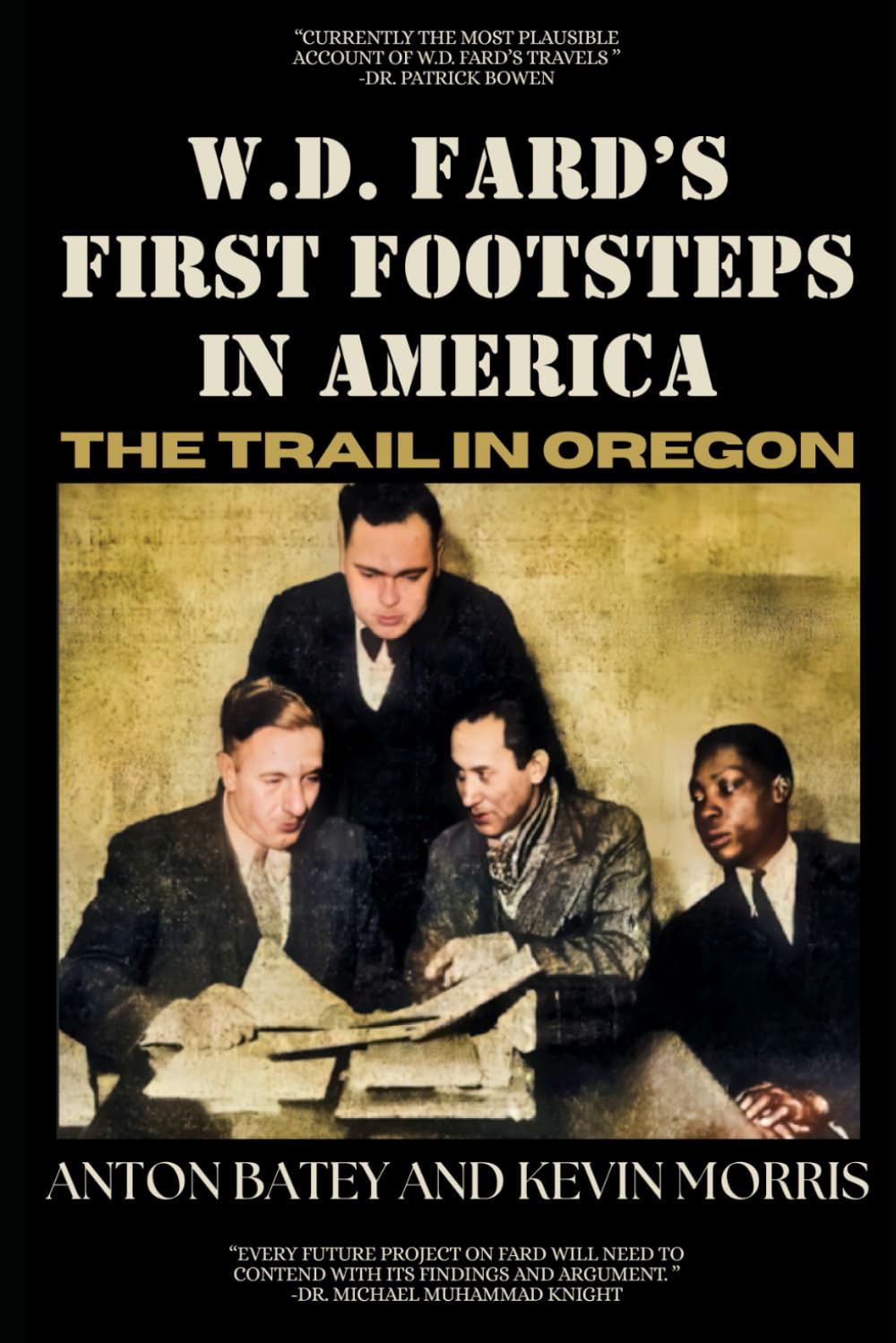
y 1908, Black nationalist leader and deity Wallace Fard Muhammad (known then as Fred the Turk, Fred the Greek, and other aliases) was operating a food cart in Oregon. Twenty-two years before he declared Black people’s independence from the hells [...]

he Muslim community in the West loves the Lord of the Rings movies. It does not conflict with the values of Islam on a basic level. It is more chaste than what popular fantasy fiction would become. It is a battle of good and evil. The Lord of [...]
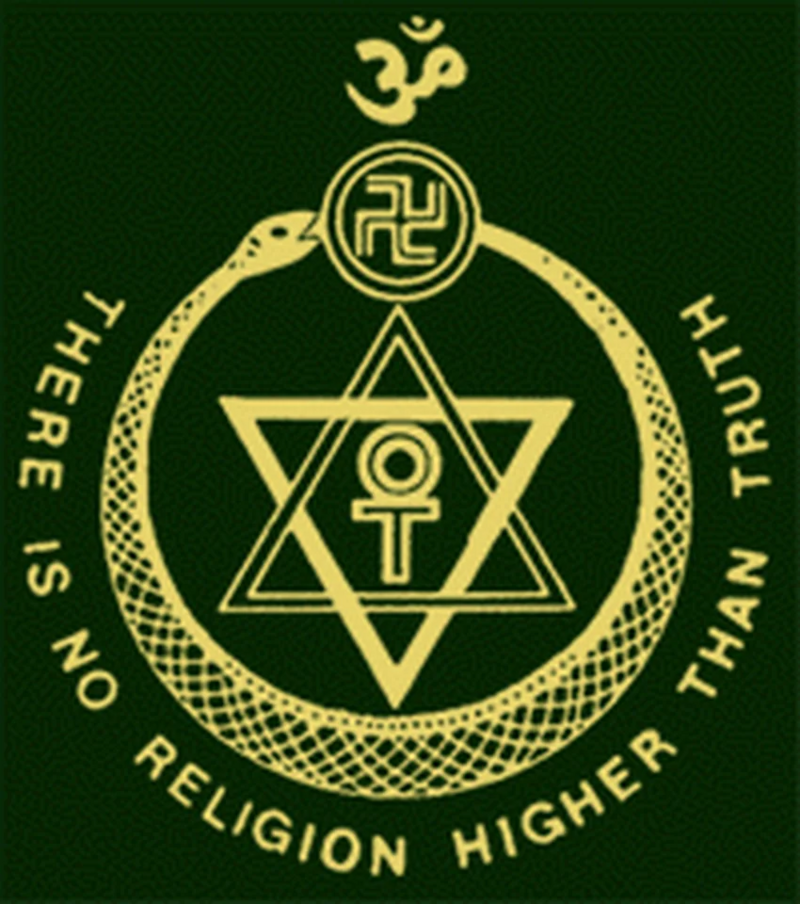
n the cosmic soup that made up W.D. Fard’s hodgepodge of religious influences, scholars have noted the impact of the Theosophical Society to varying degrees. The Theosophical Society was a late nineteenth century esoteric religious movement [...]

Knight, Michael Muhammad. The Supreme Wisdom Lessons: A Scripture of American Islam. Sheffield and Bristol: Equinox, 2024. Hardcover. List Price: $92.83. In a Muslim world marred by mediocrity, rumination, and regurgitation, Michael Muhammad [...]
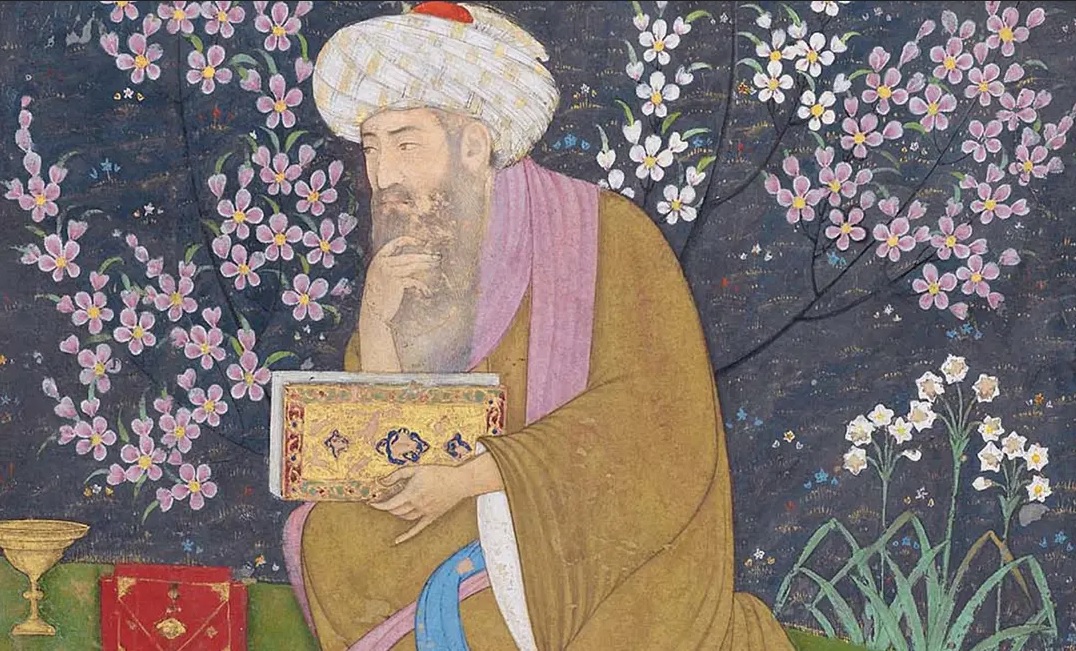
he modern Western narrative would have us believe that freedom of thought and expression are ideals that are the envy of those living under authoritarian rule. While these ideals are indeed taken seriously in many spheres of life, the West has a [...]
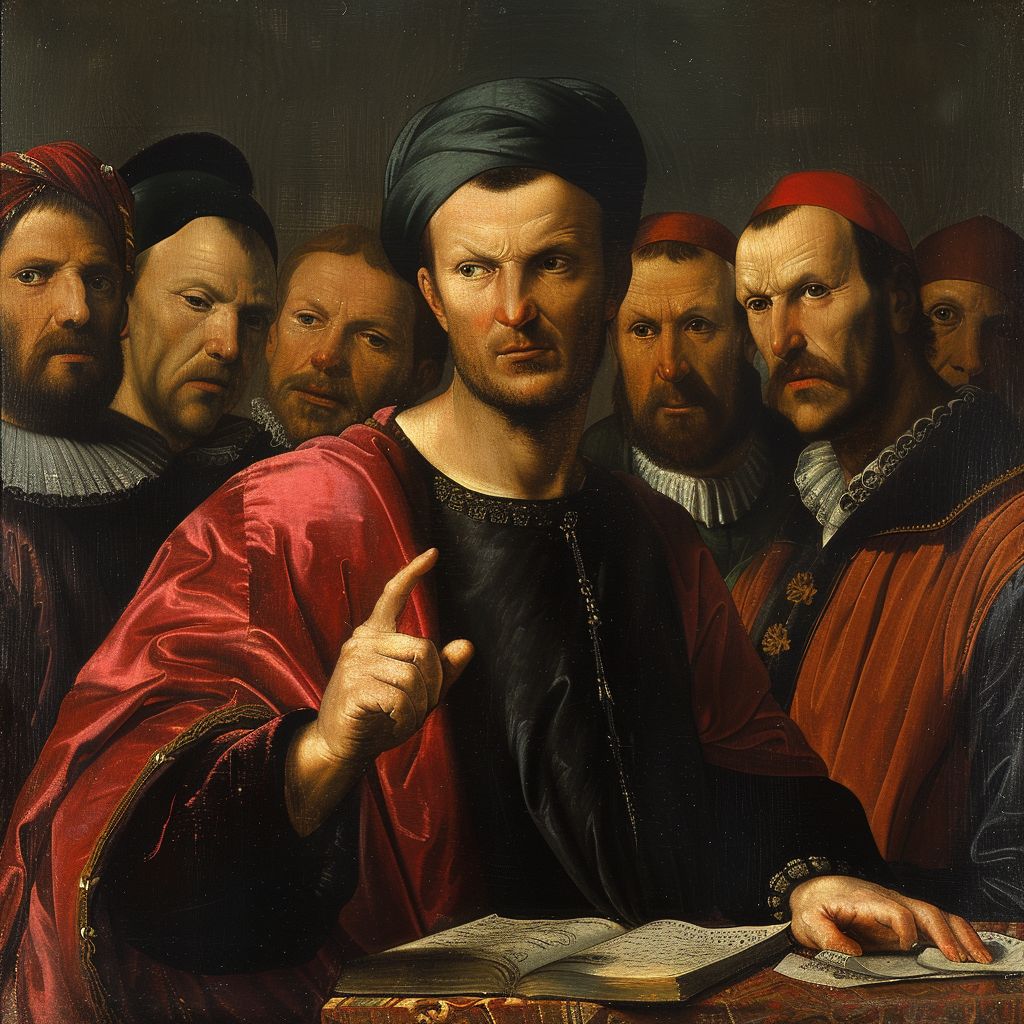
Niccolò Machiavelli (d. 1527 AD), an Italian Renaissance diplomat, is most noted for The Prince, but his real masterpiece is his Discourses. Machiavelli wrote The Prince as a treatise to Lorenzo de’ Medici, the Duke of Urbino, and it was not [...]
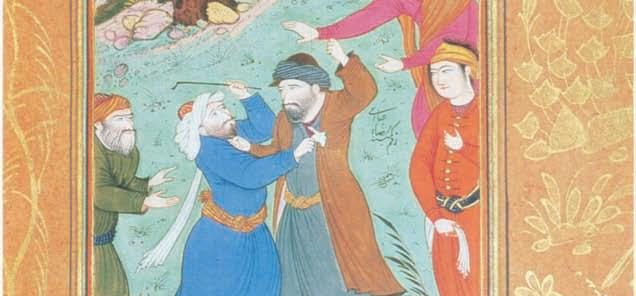
Anwit Shahi analyzes the online debates between factions of the Muslim community[...]
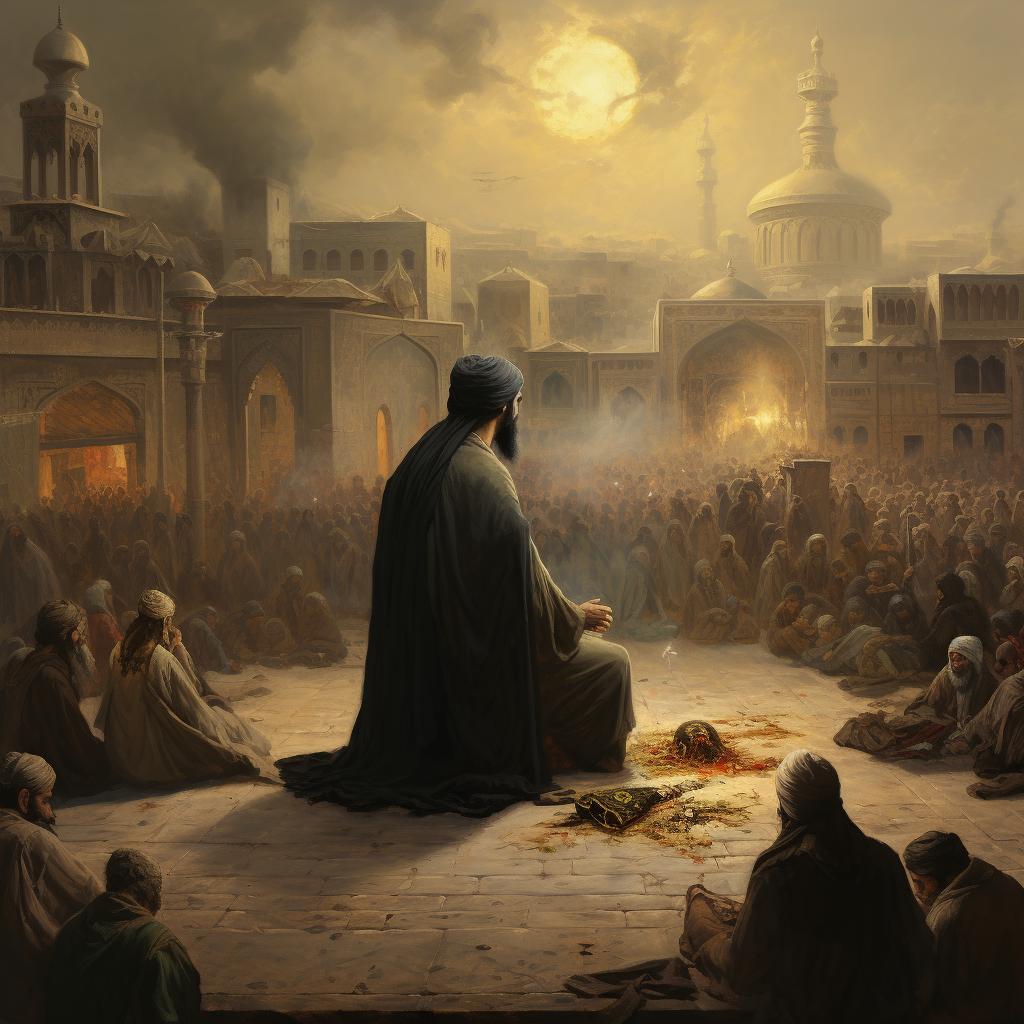
On the 21st of the month of Ramadan, in 40 AH (661 AD), the caliph, judge, warrior, ascetic, and sage ʿAlī b. Abī Ṭālib succumbed to his fatal wounds. He was the cousin and son-in-law of the Prophet Muḥammad, and he is considered the fourth [...]
